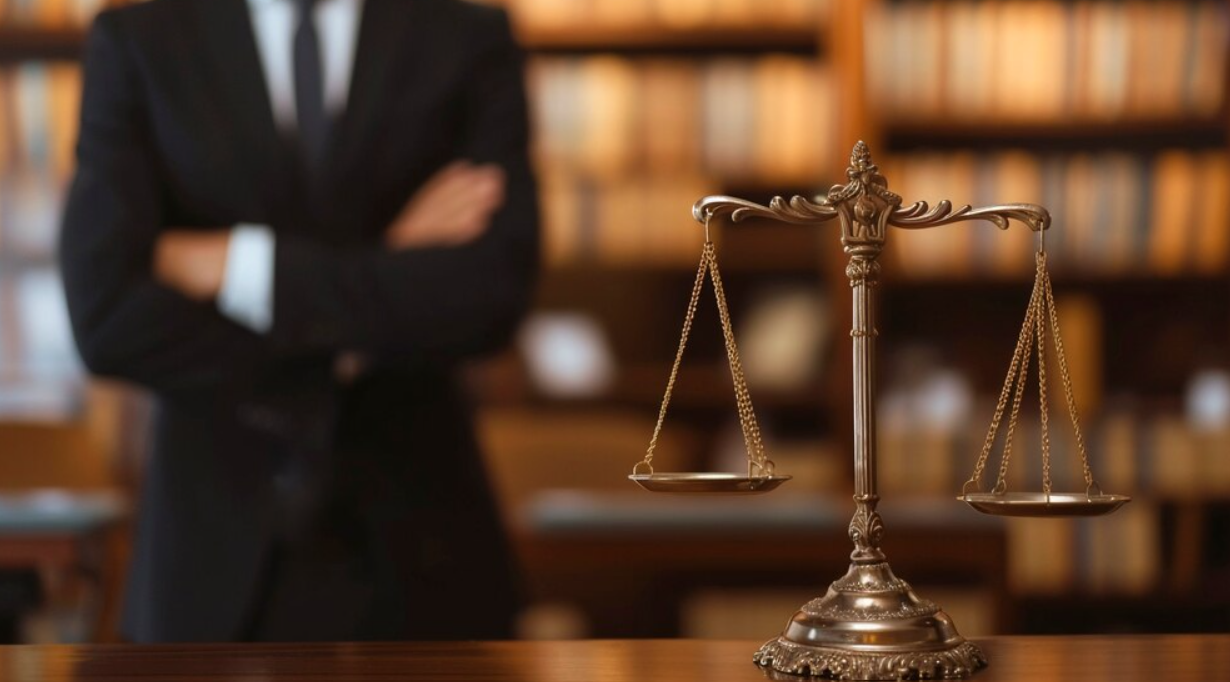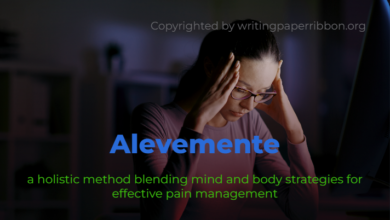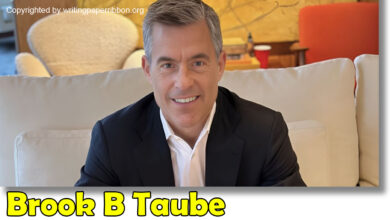C.W. Park USC lawsuit: Discover Background Information
Introduction to the C.W. Park USC Lawsuit
The C.W. Park USC lawsuit has become a focal point of attention in both legal circles and academia. This highly publicized case revolves around allegations made by C.W. Park against the University of Southern California (USC), his former employer. With its intricate details and broader implications, this lawsuit sheds light on issues concerning academic integrity, institutional policies, and legal frameworks within higher education.
Table of Contents
Importance of the Case
The significance of the C.W. Park USC lawsuit extends beyond the individuals directly involved. It underscores the importance of upholding principles of fairness, equity, and accountability within academic institutions. Moreover, the outcome of this case has the potential to set legal precedents and influence future actions and policies within the higher education community.
Background Information
C.W. Park is a renowned academic figure known for his contributions to the fields of business and marketing. Prior to the events leading to the lawsuit, he held a prominent position at USC, where he was involved in research, teaching, and administrative duties. His reputation and expertise add weight to the allegations raised in the lawsuit, making it a matter of significant interest and concern.
The University of Southern California
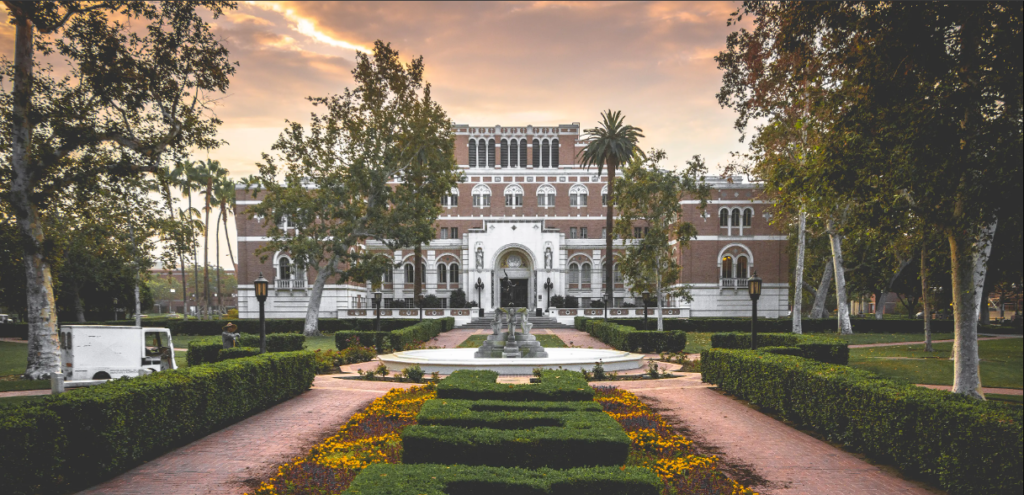
The University of Southern California, located in Los Angeles, California, is a prestigious private research university known for its academic excellence and influential alumni network. However, like many institutions, USC is not immune to controversy and legal disputes. The lawsuit filed by C.W. Park against USC highlights the challenges faced by universities in maintaining ethical standards and ensuring fair treatment of faculty members.
Initial Allegations
The initial allegations made by C.W. Park against USC encompass a range of legal claims, including wrongful termination, breach of contract, and various forms of discrimination and harassment. These allegations suggest systemic issues within the university’s administration and raise questions about the treatment of faculty members. Understanding the background and context of these allegations is essential for a comprehensive analysis of the lawsuit.
Key Events Leading to the Lawsuit
A detailed timeline of events leading to the filing of the lawsuit provides valuable insight into the sequence of actions and responses from both parties. Key dates such as the filing of the lawsuit, major developments in the case, and significant court rulings help to contextualize the legal proceedings and understand the evolution of the dispute.
Key Players Involved in C.W. Park USC Lawsuit
The lawsuit involves several key players, including C.W. Park, USC administration officials, legal representatives, and witnesses. Each of these individuals plays a distinct role in shaping the outcome of the case, whether through testimony, evidence submission, or legal arguments. Understanding the perspectives and motivations of these key players is essential for a thorough analysis of the lawsuit.
Major Developments
Major developments in the lawsuit, such as the submission of evidence, court hearings, and media coverage, provide important milestones in the legal proceedings. These developments may include significant rulings by the court, key decisions by the parties involved, or new evidence that emerges during the course of the litigation. Analyzing these developments helps to track the progress of the case and anticipate future actions and outcomes.
Legal Framework
The C.W. Park USC lawsuit operates within a complex legal framework comprising federal and state laws, as well as institutional policies governing employment and discrimination. Federal laws such as Title VII of the Civil Rights Act of 1964 prohibit discrimination based on race, color, religion, sex, and national origin in employment practices. Additionally, state laws may offer further protections or avenues for legal recourse. Understanding these laws is crucial for contextualizing the legal claims and defenses presented in the case.
Precedent Cases
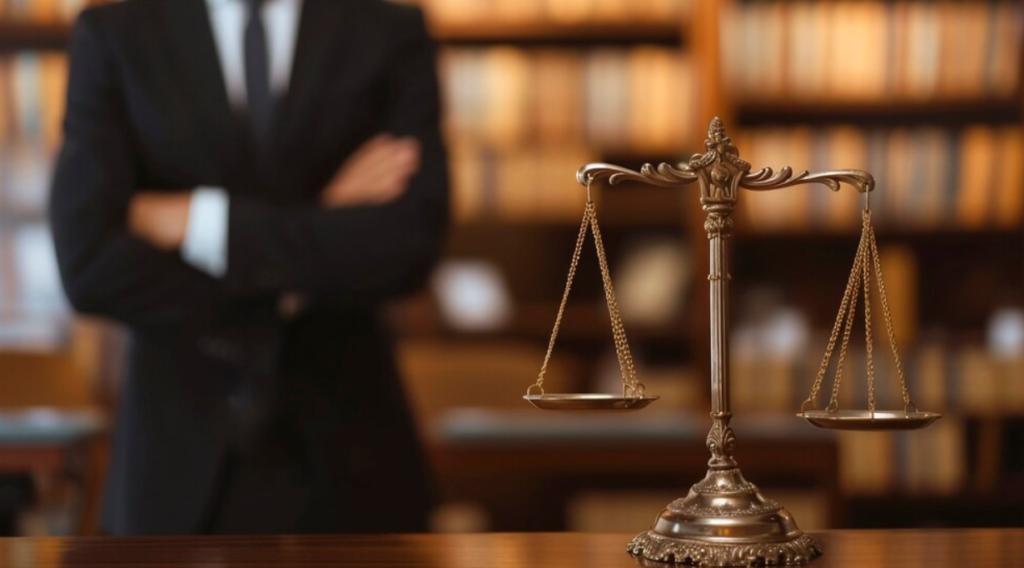
Analyzing precedent cases can provide valuable insights into how similar legal issues have been addressed by the courts in the past. For instance, cases involving wrongful termination, breach of contract, and discrimination may establish legal precedents that influence the outcome of the C.W. Park USC lawsuit. Examining the rulings and reasoning behind these cases helps legal experts and scholars anticipate potential judicial interpretations and arguments.
Legal Definitions
Key legal definitions related to employment law, contractual obligations, and discrimination play a central role in the C.W. Park USC lawsuit. For example, understanding the legal concept of wrongful termination requires clarity on what constitutes just cause for termination and whether the university adhered to its contractual obligations towards C.W. Park. Similarly, discrimination claims necessitate a precise understanding of the legal standards for proving disparate treatment or adverse impact based on protected characteristics such as race or gender.
The Lawsuit Details
C.W. Park’s lawsuit against USC encompasses a range of legal claims, each supported by specific allegations and evidence. These claims may include wrongful termination, retaliation for whistleblowing, breach of contract, and violations of state and federal anti-discrimination laws. By articulating these claims, C.W. Park seeks to demonstrate that USC’s actions were unlawful and resulted in significant harm.
USC’s Defense
In response to C.W. Park’s allegations, USC presents a defense aimed at refuting the plaintiff’s claims and justifying its actions. This defense may involve challenging the credibility of C.W. Park’s evidence, arguing that the university acted within its rights, followed established procedures for employment decisions, and did not engage in discriminatory behavior. USC’s defense strategy is designed to minimize legal liability and protect the university’s reputation.
Legal Arguments from Both Sides
The legal arguments presented by C.W. Park and USC represent competing interpretations of the facts and applicable law. C.W. Park’s legal team may argue that USC violated employment contracts, engaged in discriminatory practices, and retaliated against the plaintiff for raising concerns about unethical conduct. Conversely, USC’s attorneys may contend that the university acted within its rights, followed established procedures for employment decisions, and did not engage in discriminatory behavior. Evaluating these arguments requires a thorough analysis of the evidence and legal precedents cited by both parties.
Court Proceedings

The formal filing of the lawsuit initiates the legal process and sets the stage for subsequent proceedings. C.W. Park’s legal team submits a complaint outlining the allegations against USC and specifying the legal claims asserted. USC, as the defendant, responds by filing an answer that addresses each allegation and asserts any affirmative defenses. This initial step establishes the framework for the litigation and outlines the issues to be addressed in court.
Initial Hearings
Following the filing of the lawsuit, the court may schedule initial hearings to address procedural matters and resolve preliminary disputes. These hearings provide an opportunity for both parties to present arguments and evidence related to procedural issues such as jurisdiction, venue, and the sufficiency of the pleadings. Additionally, the court may issue rulings on motions to dismiss or motions for summary judgment, which can shape the trajectory of the case.
Courtroom Testimonies
During trial proceedings, witnesses may be called to testify regarding the events underlying the lawsuit. These witnesses may include parties to the lawsuit, expert witnesses, and individuals with knowledge of relevant facts. Witness testimony is subject to examination and cross-examination by opposing counsel, with the goal of eliciting relevant information and challenging the credibility of witnesses. The court evaluates witness testimony alongside other evidence presented to determine the facts of the case.
Evidence Presented
Both parties in the C.W. Park USC lawsuit submit various forms of evidence to support their respective legal claims. This evidence may include documents such as employment contracts, emails, performance evaluations, and personnel records. Additionally, physical evidence, expert reports, and testimony from witnesses may be presented to corroborate or challenge the assertions made by each party. The admissibility and relevance of evidence are subject to court rules and the discretion of the presiding judge.
Witness Testimonies
Witness testimonies provide firsthand accounts of the events and circumstances relevant to the lawsuit. Witnesses may include individuals who observed specific incidents, participated in relevant conversations, or possess specialized knowledge relevant to the legal claims. Witness testimony is subject to examination by the attorneys representing each party, who may seek to elicit favorable testimony or undermine the credibility of opposing witnesses through cross-examination.
Expert Witnesses
Expert witnesses offer specialized knowledge or opinions that assist the court in understanding complex issues relevant to the lawsuit. In the context of the C.W. Park USC lawsuit, expert witnesses may include forensic accountants, employment law specialists, psychologists, or other professionals with expertise relevant to the legal claims asserted. Expert testimony is subject to scrutiny regarding the witness’s qualifications, methodology, and the reliability of their opinions.
Media Coverage

The C.W. Park USC lawsuit has attracted significant media attention, with coverage from major news outlets, legal publications, and academic journals. Media coverage may include news articles, opinion pieces, investigative reports, and interviews with key stakeholders. Journalists and commentators analyze the legal and social implications of the lawsuit, providing diverse perspectives on the case’s significance.
Public Reactions
Public reactions to the C.W. Park USC lawsuit vary widely, reflecting differing opinions on the legal claims, the conduct of the parties involved, and the broader issues raised by the case. Some members of the public may express support for C.W. Park, viewing the lawsuit as a necessary means of seeking justice and accountability. Others may defend USC, questioning the validity of the plaintiff’s claims and expressing concern about the potential impact on the university’s reputation.
Impact on USC’s Reputation
The lawsuit has implications for USC’s reputation as a leading academic institution and employer. Negative media coverage or public perception of wrongdoing could damage the university’s standing among students, faculty, alumni, and potential donors. Conversely, a favorable resolution of the lawsuit may bolster USC’s reputation for integrity and accountability, reaffirming its commitment to ethical conduct and fairness in employment practices.
Legal and Academic Implications
The outcome of the C.W. Park USC lawsuit could have far-reaching implications for the university’s policies, practices, and reputation. A favorable verdict for C.W. Park may prompt USC to reassess its employment policies, training programs, and mechanisms for addressing allegations of discrimination or retaliation. Conversely, a ruling in favor of USC may validate the university’s actions and affirm its adherence to legal and ethical standards.
Broader Impact on Higher Education
The lawsuit’s outcome may also have broader implications for higher education institutions nationwide. Legal precedents established in this case could influence how universities address faculty grievances, interpret employment contracts, and navigate issues related to academic freedom and institutional governance. Moreover, public scrutiny of the lawsuit may prompt other universities to reconsider their own policies and practices, ensuring compliance with legal requirements and best practices in employment law and nondiscrimination.
Changes in Policies and Practices
Based on the issues raised in the C.W. Park USC Lawsuit, there may be changes in policies and practices related to faculty rights, discrimination, and institutional governance. Universities across the country may review their hiring, promotion, and termination procedures to ensure fairness and transparency. Additionally, institutions may enhance training programs for administrators and faculty members to prevent discrimination and retaliation in the workplace. Moreover, there may be increased emphasis on creating inclusive and supportive environments that prioritize diversity and equity.
Outcome of the Lawsuit
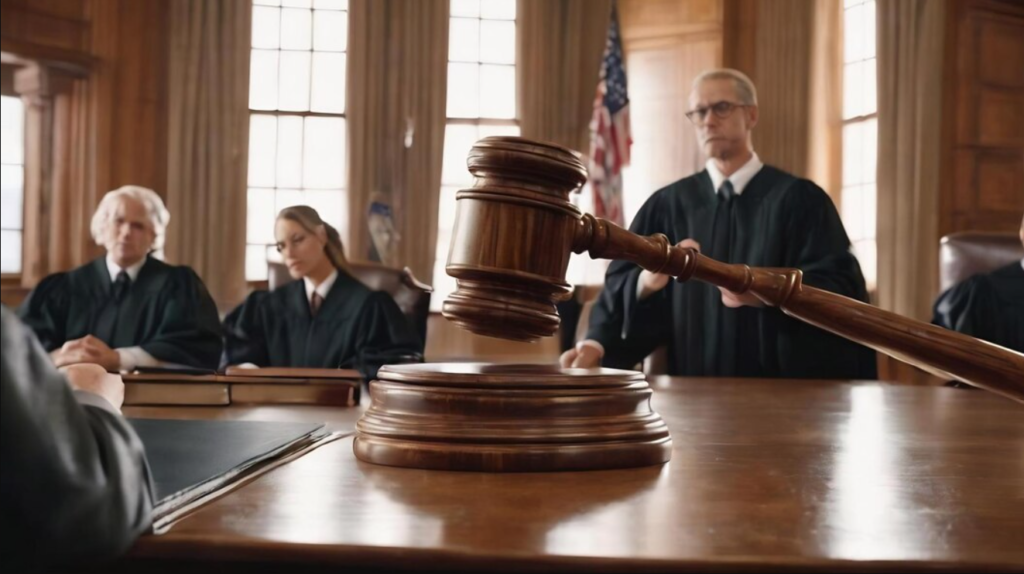
The court’s decision in the C.W. Park USC lawsuit represents a pivotal moment in the legal proceedings. After weighing the evidence, evaluating legal arguments, and considering applicable law, the judge or jury renders a verdict that determines the rights and liabilities of the parties involved. The court’s decision may address each of the plaintiff’s claims individually, providing detailed findings of fact and conclusions of law to support its ruling.
Reactions to the Verdict
Reactions to the court’s verdict are likely to be diverse and reflective of the interests and perspectives of various stakeholders. C.W. Park and his supporters may express satisfaction with a favorable outcome, viewing the verdict as validation of their claims and a measure of justice served. Conversely, USC and its supporters may welcome a verdict in their favor, interpreting it as vindication of the university’s actions and a resolution to the legal dispute.
Appeals and Further Legal Actions
Following the court’s decision, either party may choose to pursue further legal actions, such as appeals or post-trial motions. Appeals typically involve a review of the trial court’s decision by a higher court, which assesses whether errors of law or procedure occurred during the trial. Post-trial motions may seek to challenge the verdict or request additional relief from the court. The appellate process adds another layer of complexity to the litigation and may prolong the resolution of the case.
Analysis and Commentary
Expert opinions on the C.W. Park USC lawsuit offer valuable insights into the legal and academic dimensions of the case. Legal scholars, employment law experts, and academic commentators may provide analysis and commentary on the trial proceedings, the court’s decision, and the broader implications of the C.W. Park USC Lawsuit. These perspectives contribute to a deeper understanding of the legal issues at stake and the potential ramifications for higher education.
Analysis of the Legal Arguments
A detailed analysis of the legal arguments presented in the case sheds light on the strengths and weaknesses of each party’s position. Legal scholars and practitioners may scrutinize the evidence, assess the credibility of witnesses, and evaluate the persuasiveness of the legal theories advanced by C.W. Park and USC. This analysis informs ongoing discussions about the case and informs future litigation strategies.
Future Implications
The future implications of the C.W. Park USC lawsuit extend beyond the immediate parties involved and may shape legal and institutional practices in higher education for years to come. Depending on the court’s decision and subsequent developments, the C.W. Park USC Lawsuit may set important precedents regarding faculty rights, employment discrimination, and institutional accountability. These implications underscore the significance of the case and its potential to influence legal and social norms in academia.
Conclusion
The C.W. Park USC lawsuit represents a complex legal and academic dispute with far-reaching implications for the parties involved and the broader higher education community. Through a thorough examination of the legal claims, court proceedings, and expert analyses, this article has provided a comprehensive overview of the case and its significance.
FAQs
What is the C.W. Park USC lawsuit about?
The C.W. Park USC lawsuit involves allegations made by C.W. Park against the University of Southern California (USC), his former employer. The lawsuit includes claims of wrongful termination, breach of contract, discrimination, and retaliation.
Who is C.W. Park?
C.W. Park is a prominent academic figure known for his contributions to the fields of business and marketing. Prior to the C.W. Park USC Lawsuit, he held a position at USC, where he was involved in research, teaching, and administrative duties.
What are the key events leading to the lawsuit?
The key events leading to the lawsuit include C.W. Park’s employment at USC, allegations of misconduct or mistreatment, internal grievances raised by C.W. Park, and ultimately, the filing of the lawsuit by C.W. Park against USC.
What evidence has been presented in the lawsuit?
Both parties in the C.W. Park USC Lawsuit have presented various forms of evidence to support their claims. This evidence may include documents such as employment contracts, emails, performance evaluations, personnel records, physical evidence, expert reports, and witness testimonies.
What are the potential implications of the C.W. Park USC Lawsuit?
The outcome of the C.W. Park USC Lawsuit could have significant implications for USC’s policies, practices, and reputation, as well as broader implications for higher education institutions nationwide. Depending on the court’s decision, the lawsuit may set legal precedents and influence future actions and policies within academia.
What happens next in the C.W. Park USC Lawsuit?
Following the court’s decision, either party may choose to pursue further legal actions, such as appeals or post-trial motions. The appellate process may involve a review of the trial court’s decision by a higher court, adding another layer of complexity to the litigation.
How has the media covered the lawsuit?
The C.W. Park USC lawsuit has attracted significant media attention, with coverage from major news outlets, legal publications, and academic journals. Media coverage may include news articles, opinion pieces, investigative reports, and interviews with key stakeholders.
How can I stay updated on the C.W. Park USC Lawsuit?
To stay updated on the latest developments in the C.W. Park USC lawsuit, you can follow news coverage from reputable sources, monitor court filings and proceedings, and consult legal experts or commentators who may provide analysis and insights into the case.
If you found our content helpful don’t forget to share it on your social media: Twitter
More Articles: Home

